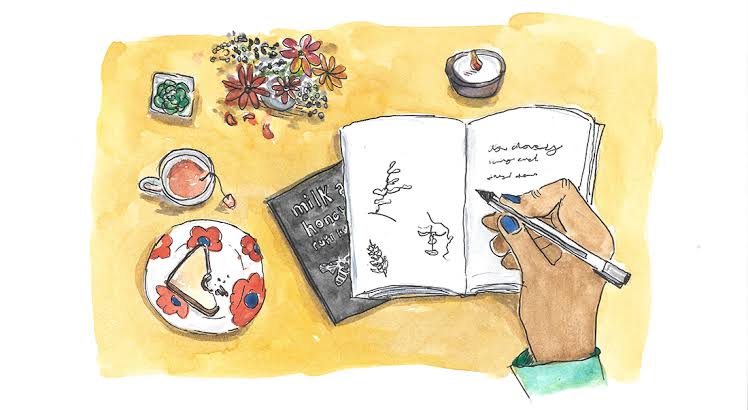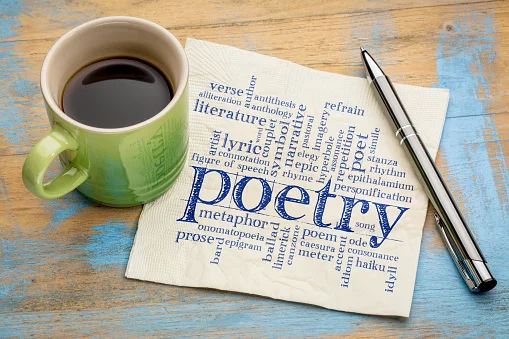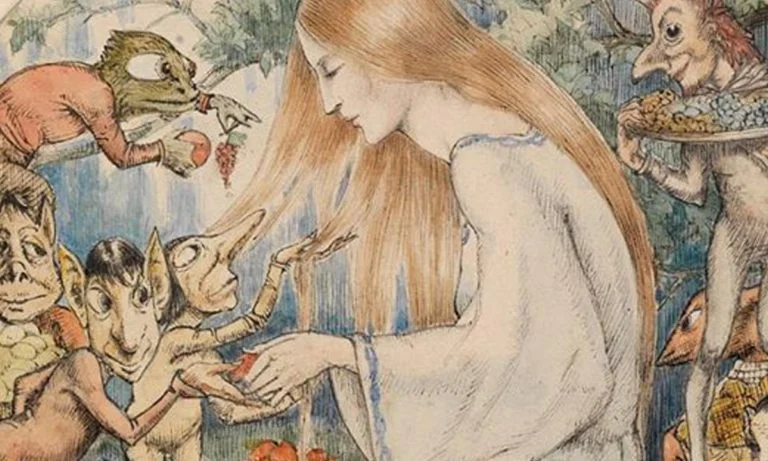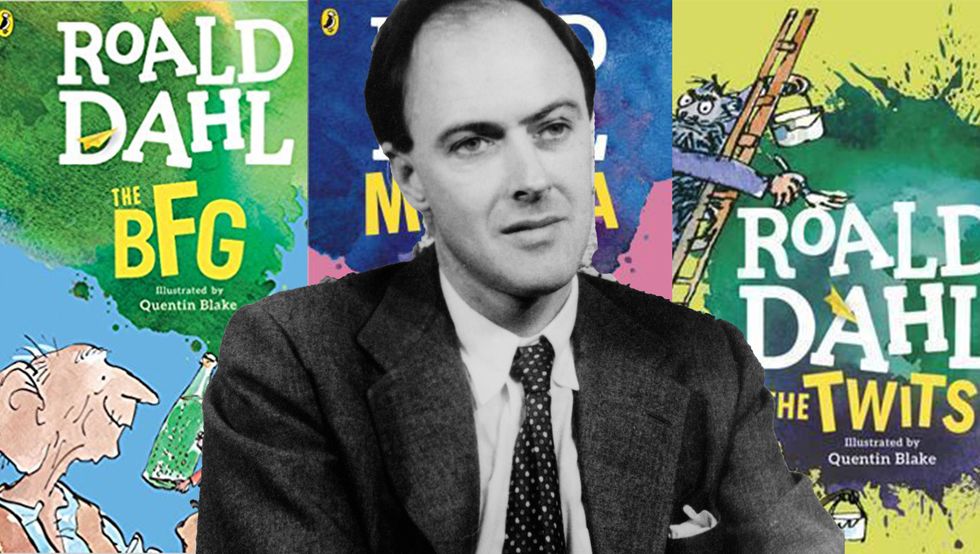Did you come across mere verses and find yourself dumbstruck? Or felt your inner soul twist and turn with the poet’s words? Verses composed as poetry never fail to resonate within our minds and continue to change our purpose of living. One such form of poetic art is Haiku. Three spell- binding lines and you will find yourself to be Wordsworth, carrying the lone reaper’s song in your mind and heart.

The art of composing Haiku poetry requires deep emotion and precise expression. While it has been popularised worldwide recently, this poetic form has a long and rich string of history attached to it.
Haiku- Know It From Roots
The first sun of Haiku rose in the country which always sees the sunshine first, the land of Japan. This form of poetry in Japan has three verses which consist of a cutting word known as ‘kireji’, traditionally. It has a kigo, which is translated as a seasonal adherence or reference. This three-line poem also has 17 ons, which are phonetic units or syllables.
The earlier Haiku consists of topics relevant to nature, and emphasis on its lucidity, intensity, and expression. However, a holistic and modern group of Japanese poets writing or penning Haiku want a stop on suffusing their three-line poetry around nature’s beauty and appreciation.
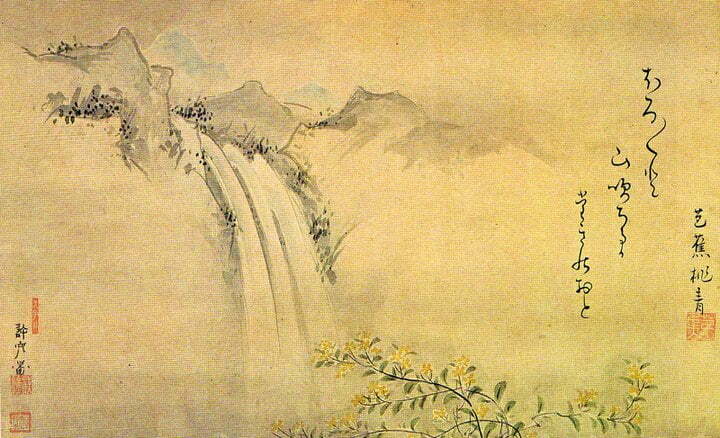
Previously, this form of poetry was regarded as hokku, or the opening of a long hundred stanza oral poem, known as renga. It only became a liberal form of poetry in the 16th century. The first independent form of this poetry was written by Matsuo Basho, in Japanese literature. The name changed from hokku to Haiku only in the 19th century after Masaoka Shiki, termed it.
Haiku- In Poetic World Of English Language
As this poetic form broke out the barriers and turned as a liberal pattern of composition from the 17th century, the English literary universe also started to take notice of it. Famous English writers chose to work on this pattern and call their compositions to be a part of Haiku.
In Britain, this form of poetry generated responses with English- Haikai competition in 1899. This came as a consequence after William George Ashton initiated his efforts in works of History of Japanese Literature. After the success of the 1899 competition which saw many entries flooding in, famous poet Bertram Dobell composed and published his Haiku collection in 1901. As a series of another consequences, poets in Cambridge also composed their own Haiku collections and published in 1903.

The United States came to know about this form of poetry through Yone Noguchi’s A Proposal to American Poets, which is essentially his attempt to make American poets try writing three-line poetry. A masterpiece of the English- Haiku period is Ezra Pound’s composition of ‘In a Station of the Metro’, published in 1913. It is regarded to be the finest work in the Haiku world of English literature, breaking free from the typical structure of Haiku poetry.
Famous Haiku Writers You Must Know
Now that you know how this three-line poetry took over the world, it is time to know who is the magnum opus is and what you must read of their works.
Here are some of the prominent Haiku writers and their works you must know, suggested by Podium School.
The Old Pond By Matsuo Basho

Considered to be initial trace in the liberal Haiku world, The Old Pond takes you on a journey of knowing the lives of other organisms which is usually different and difficult in comparison to lives of human.The poem’s literal meaning might just emphasize an action done by the frog, but it holds deep meanings to it. It can be symbolic of rhetorical life or the dive into the search for means of survival for the organism.
Haiku [ For You] By Sonia Sanchez
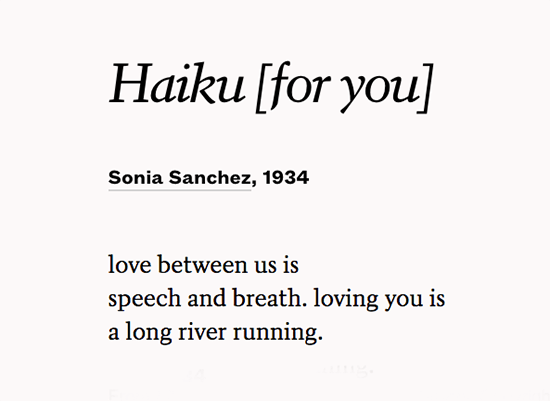
Known for her attachment and amusement for three-line poetic form, Haiku [for you] revolves around the theme of affection and the need to voice it out to the world. The lines might appear to you simple yet when you look in deeply, you will find each syllable trying to convey a message and an emotion. The lines also lay a great importance on how love stops nowhere and it only flows like an ever-lasting river.
Lines On a Skull By Ravi Shankar

Highlighting what human life is, Lines On a Skull by Ravi Shankar will be an inspiration for you to move on. The poet also emphasizes how our heads are the clay, and every day we redeem it either to waste or create something meaningful. The poet, through his three lines, wants the people to use their heads and make their living on this planet filled with goals and purpose.
My Life By Masaoka Shiki
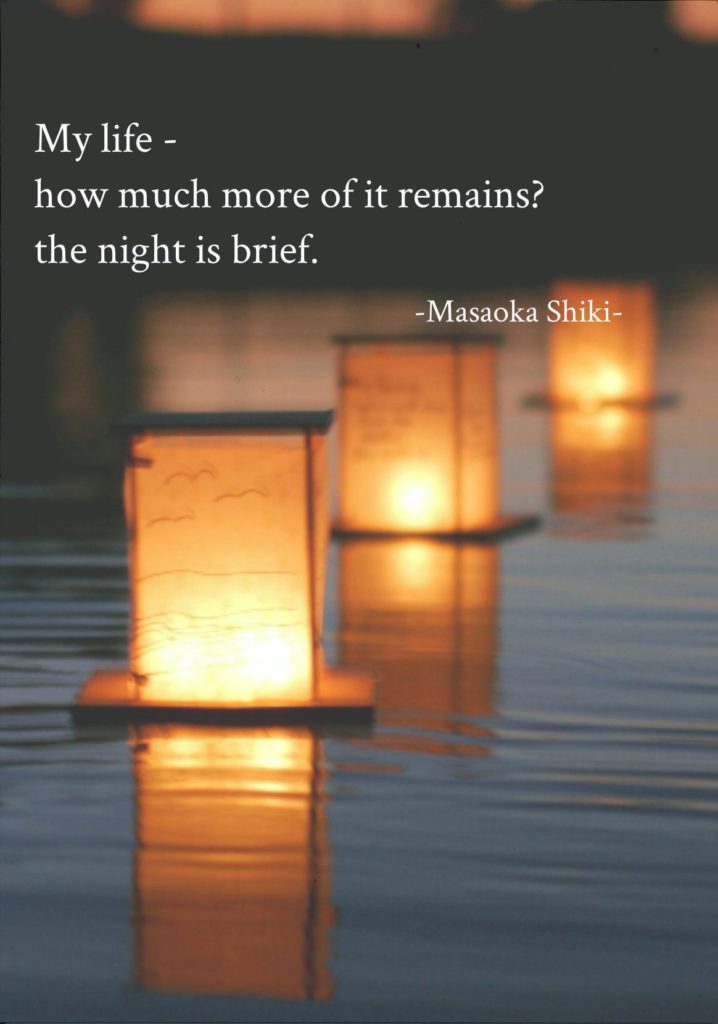
A perfect illustration of life and its spanning time, My Life by Masaoka Shiki implies a question we all have been searching for an answer for. The three-line poem will make you wonder how long life can be and how much of it remains with you. According to the poet, every night seems to be brief and cutting, maybe only a handful of life is remaining.
These are the famous haiku poems you should read to know the depth of words and how they are used.
Final Thoughts
Poetry is always over brimming with knowledge, emotions, and love. They connect us to a world which we are free to imagine and interpret. It is also an ideal way of expressing and putting out emotion. A prominent part of the composing poetic stanzas is to interpret the wordings and language well.
We at Podium School cater to let you see the horizon at the best of times. So, we bring you specially curated sessions in many aspects of Creative Writing, Public Speaking, Contemporary dance forms, and others. All these sessions are profuse of gaiety and growth.
We also want to connect you with the latest information and handy buzz that goes around. With our Blog Platform, you can click your cursor on any topic and select the topic you want to indulge in with all your reading ability. Not just that, but also learn in detail about them. Go through them now and tell us how you perceive them in your light of knowledge.
Till then, try writing your own Haiku and let the world hear it out. Adios!
Share with your friends
